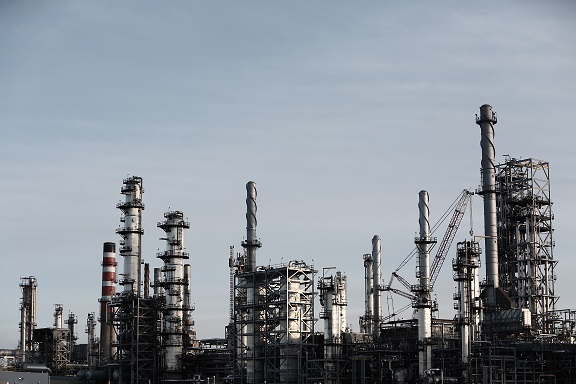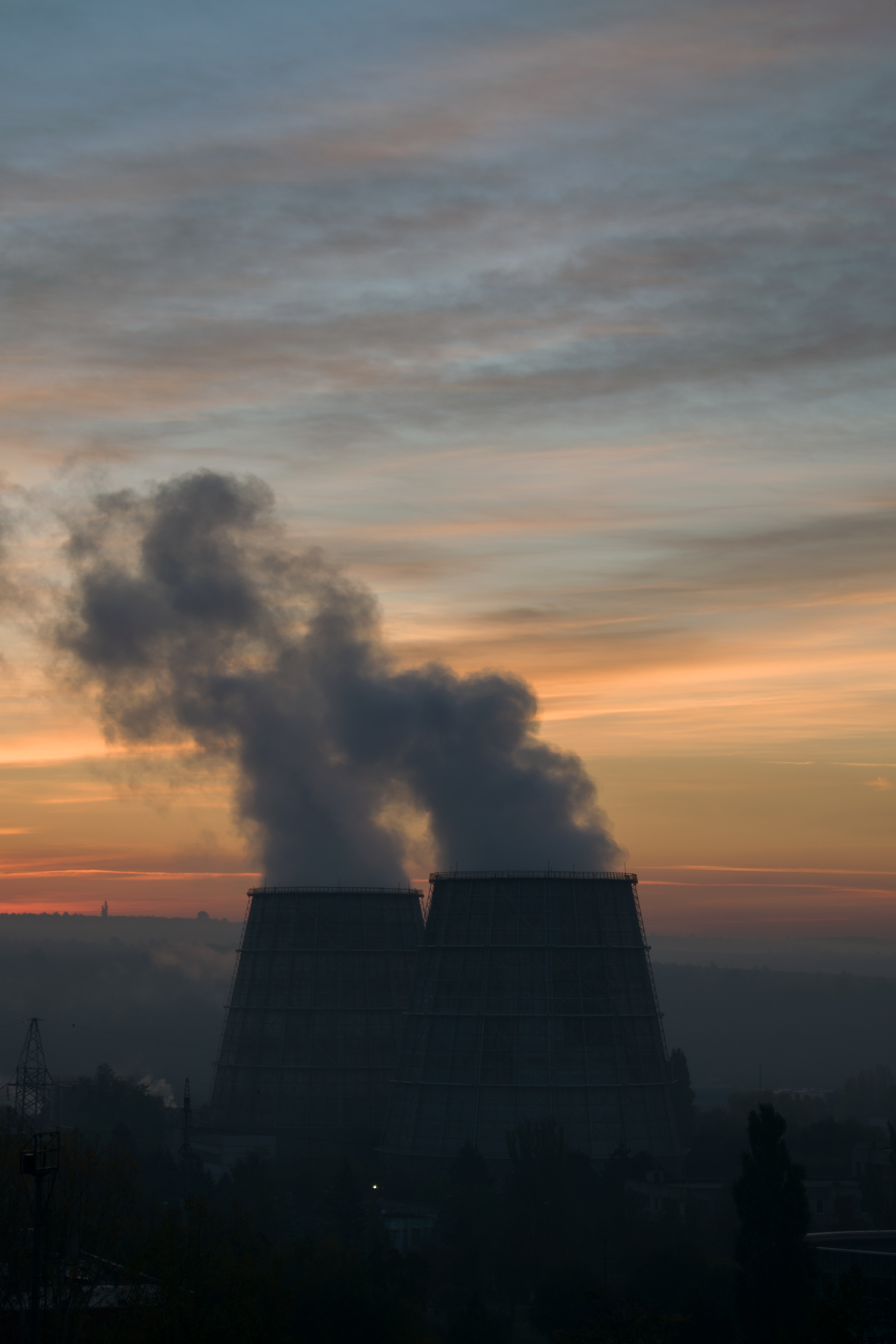Portland proposes settlement terms in Schnitzer case.
The Department of Justice (DOJ), on behalf of the Environmental Protection Agency (EPA), has reached a settlement with Schnitzer Steel Industries Inc. in Portland, Oregon, proposing a resolution of allegations that the company violated of the Clean Air Act and and related laws put into place to “protect stratospheric ozone at 40 scrap metal recycling facilities throughout the United States.” The Clean Air Act seeks to reduce and control air pollution nationwide. It was originally enacted in 1963 and has been routinely amended over the years to account for environmental changes.
The settlement will require Schnitzer Steel Industries Inc. to forfeit $1,550,000 in civil penalties, put into place compliance efforts totally more than $1,700,000 and complete an EPA-approved Refrigerant Recovery Management Program (RRMP) at its 40 of its U.S. locations. The company’s site already states, “At Schnitzer, sustainability is at the core of what we do. By recycling scrap metal, we are diverting and reusing millions of tons of materials each year that might otherwise be destined for landfills. The ferrous and non-ferrous scrap metal we process is utilized to manufacture new metal-based products, conserving natural resources and significantly reducing greenhouse gas emissions.”

However, the suit alleges that Schnitzer “failed to recover refrigerant from small appliances and motor vehicle air conditioners before disposal or to verify from the supplier that the refrigerant had been properly recovered prior to delivery to Schnitzer’s facilities.”
Assistant Attorney General Todd Kim of the Justice Department’s Environment and Natural Resources Division explained, “To help protect stratospheric ozone and reduce the risks of climate change, the Department of Justice will seek to ensure companies like Schnitzer comply with the Clean Air Act when recycling appliances and motor vehicles containing harmful refrigerants.”
“Many refrigerants are potent greenhouse gases that contribute to global warming if released into the atmosphere,” added Acting Assistant Administrator Larry Starfield for EPA’s Office of Enforcement and Compliance Assurance. “This settlement will help protect our climate by ensuring that these chemicals are managed properly at 40 recycling facilities across the country.”
The RRMP will include installing refrigerant recovery systems, implementing screening protocols for scrap appliances and vehicles, creating new language for statements and contracts as well as providing notices to customers regarding proper procedures for delivering items containing refrigerants, employee training, and rolling out new record-keeping and reporting procedures. Schnitzer will also implement an environmental mitigation project which will destroy all R-12 refrigerant in scrapped items.
R-12 is a colorless typically sold under its brand name, Freon-12, and a chlorofluorocarbon halomethane (CFC) used as a refrigerant and aerosol spray propellant. It contains chlorofluorocarbons, which have more than 10,000 times the global warming potential of carbon dioxide. Thus, this time of refrigerant is particularly detrimental to the environment and its only legally allowed as fire retardant in submarines and aircraft carriers. Chlorofluorocarbons was previously approved for use as aerosols in medicine (i.e., USP-approved salbutamol). However, the federal Food and Drug Administration (FDA) has since banned its use for this purpose and hydrofluoroalkane, (HFA) was approved as a replacement.


Join the conversation!